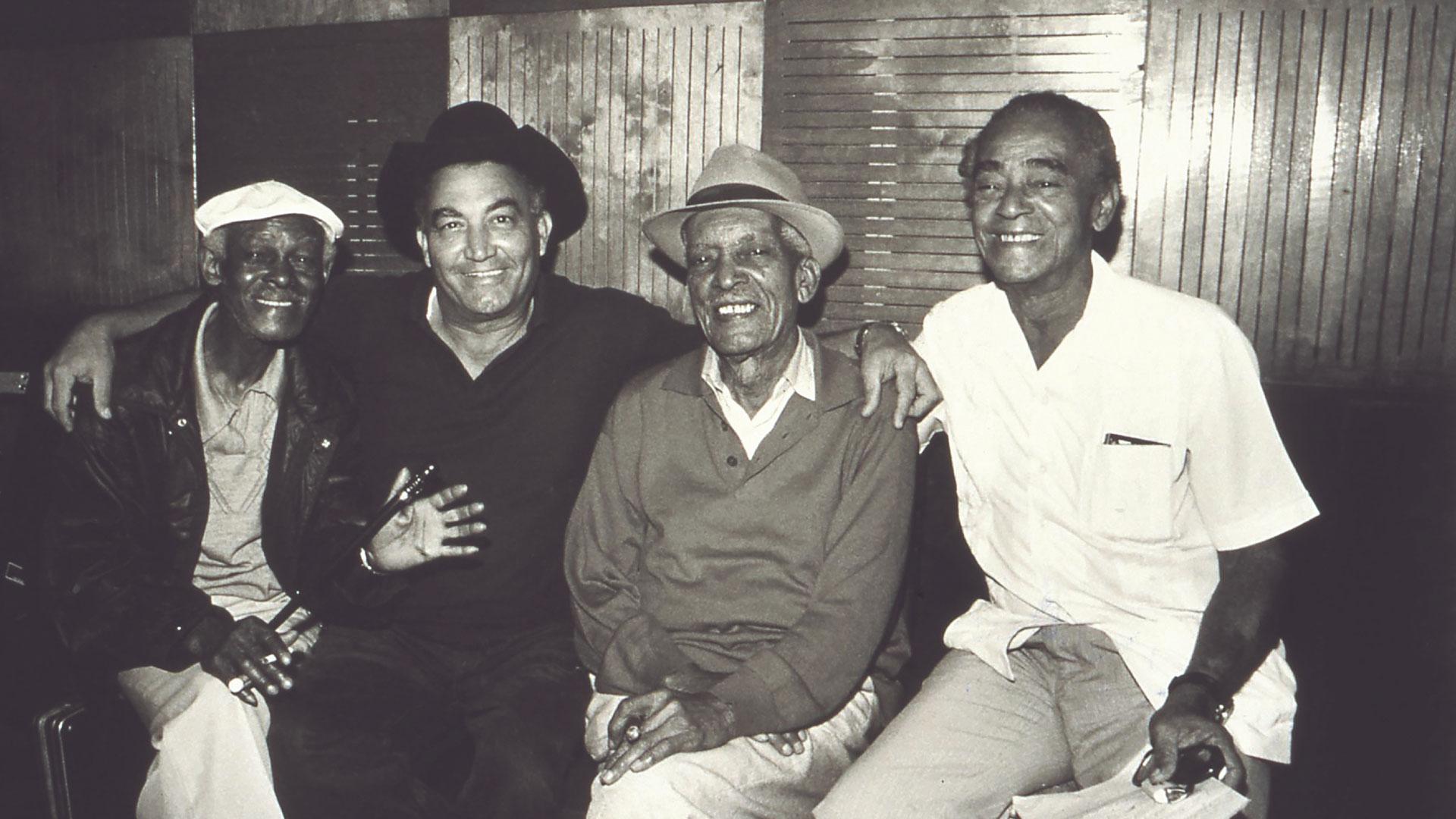Around the time when The World first went on the air in 1996, music fans were blessed with an album of vintage Cuban music known as the Buena Vista Social Club. Their old-school mambo sounds captured the interconnectedness between the United States and other parts of the world, including Cuba.
Related: New Zealand’s pop star Lorde releases Maori-language record
Recorded in Havana 25 years ago, the project drew together Cuban musicians — many of them up in their years — and gave their careers a second life. Musicians Ibrahim Ferrer, Compay Segundo, Rubén González, Omara Portuondo and others suddenly became newly minted international stars.
Related: Elvis Costello’s ‘Spanish Model’ brings classics to new audience
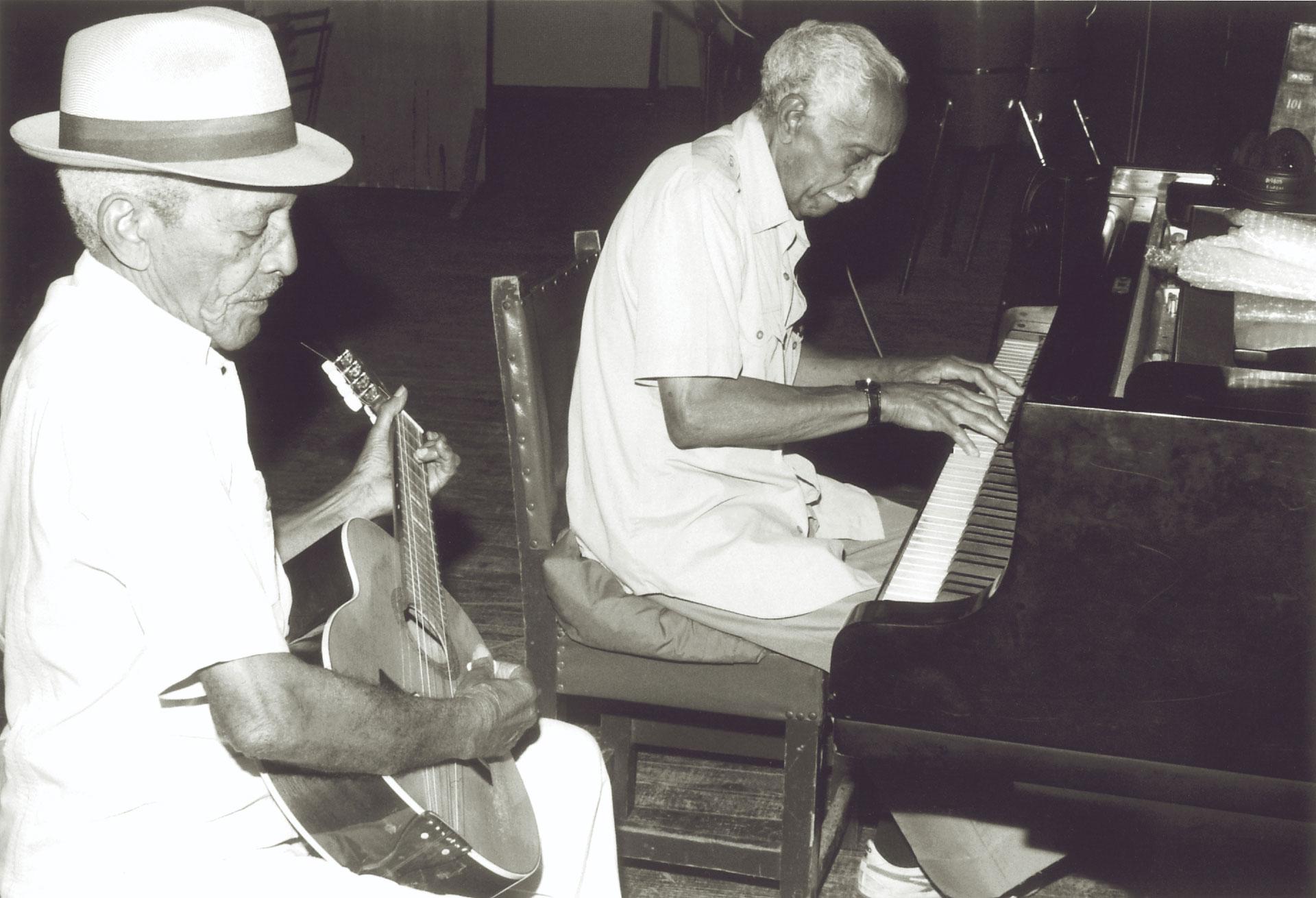
The group spent so much time away from Cuba, out on the road, that up-and-coming musicians on the Caribbean island had only heard about their fame.
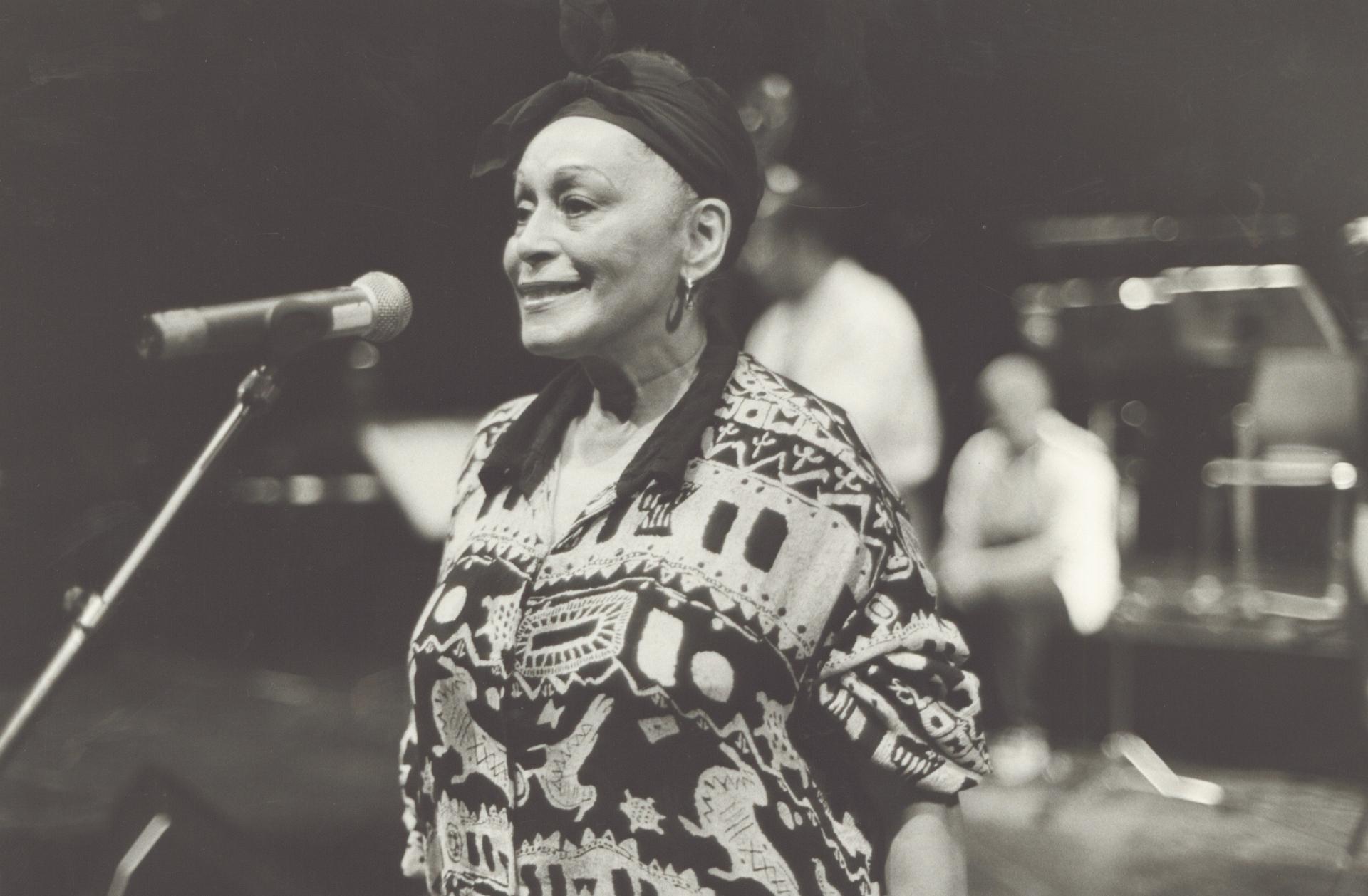
Related: Kiki Valera on Son cubano and how he developed a unique musical style
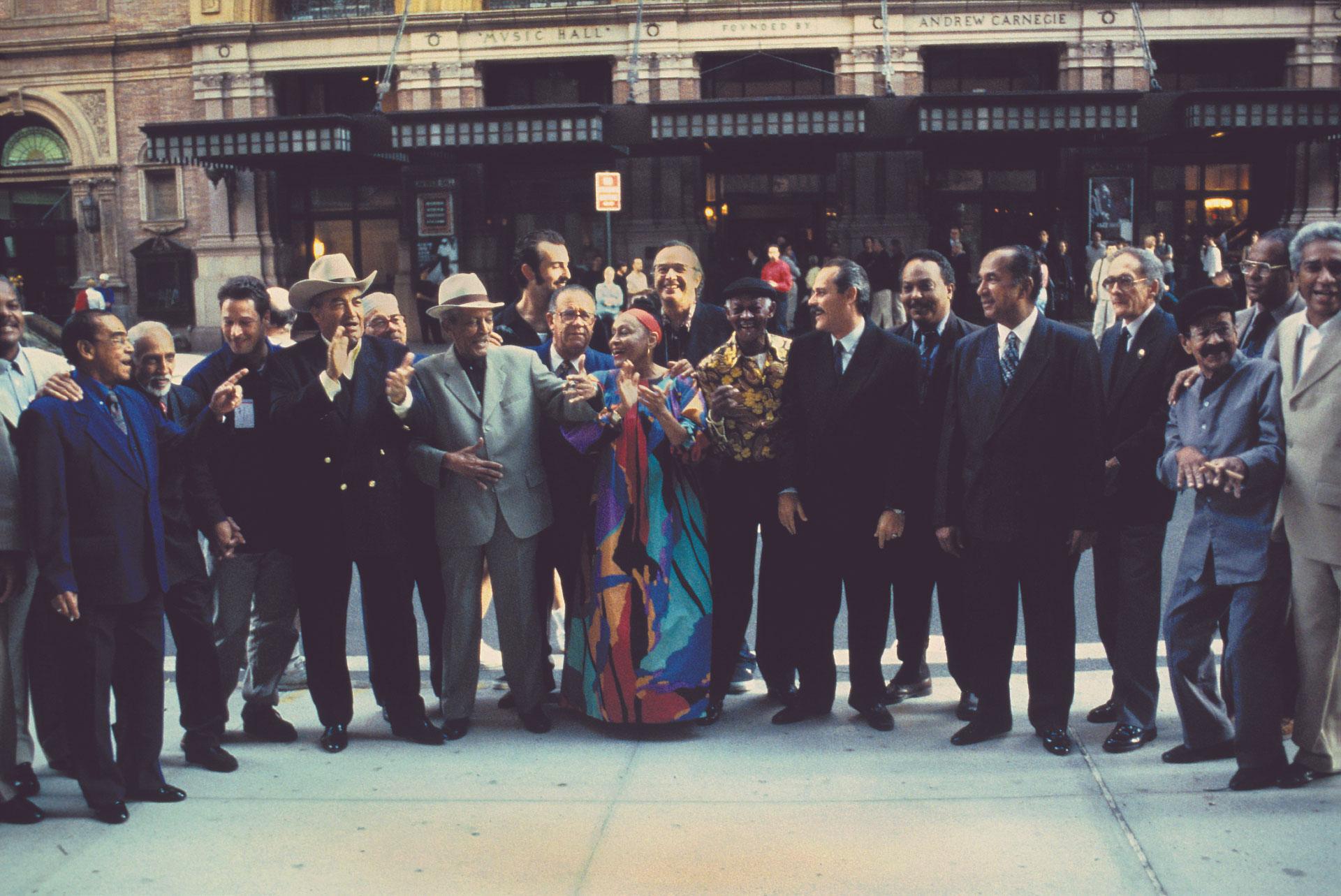
Musician Roberto Fonseca was just 21 when Buena Vista Social Club was released.
Two years after the album was recorded, Fonseca joined the Buena Vista Ensemble as a pianist, making him an international sensation.
“The first time that I joined them on the studio, I didn’t know that was them, because they were more famous out of Cuba than in Cuba,” Fonseca recalled.
Over time, the Buena Vista Social Club had morphed from an idea to an album to a phenomenon.
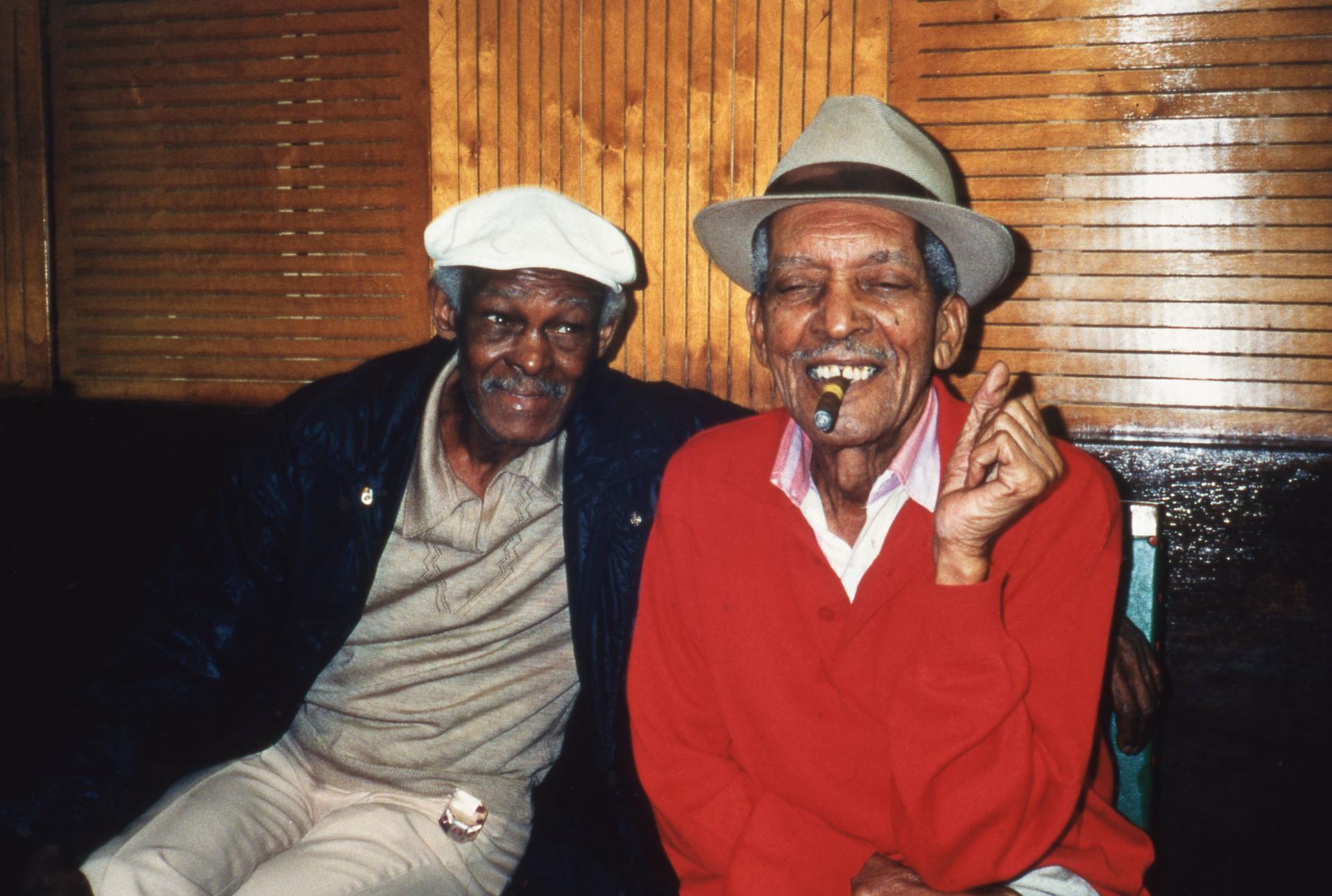
In 1999, an Oscar-nominated documentary film with the eponymous title, “Buena Vista Social Club,” made traditional Cuban music hot again on the island.
Fonseca said there was a time when traditional Cuban music was nearly disappearing, with little on the market. It was beautiful, he said, for Cubans to hear traditional sounds played again at the highest levels of mastery and for people to start talking again about their love for the music.
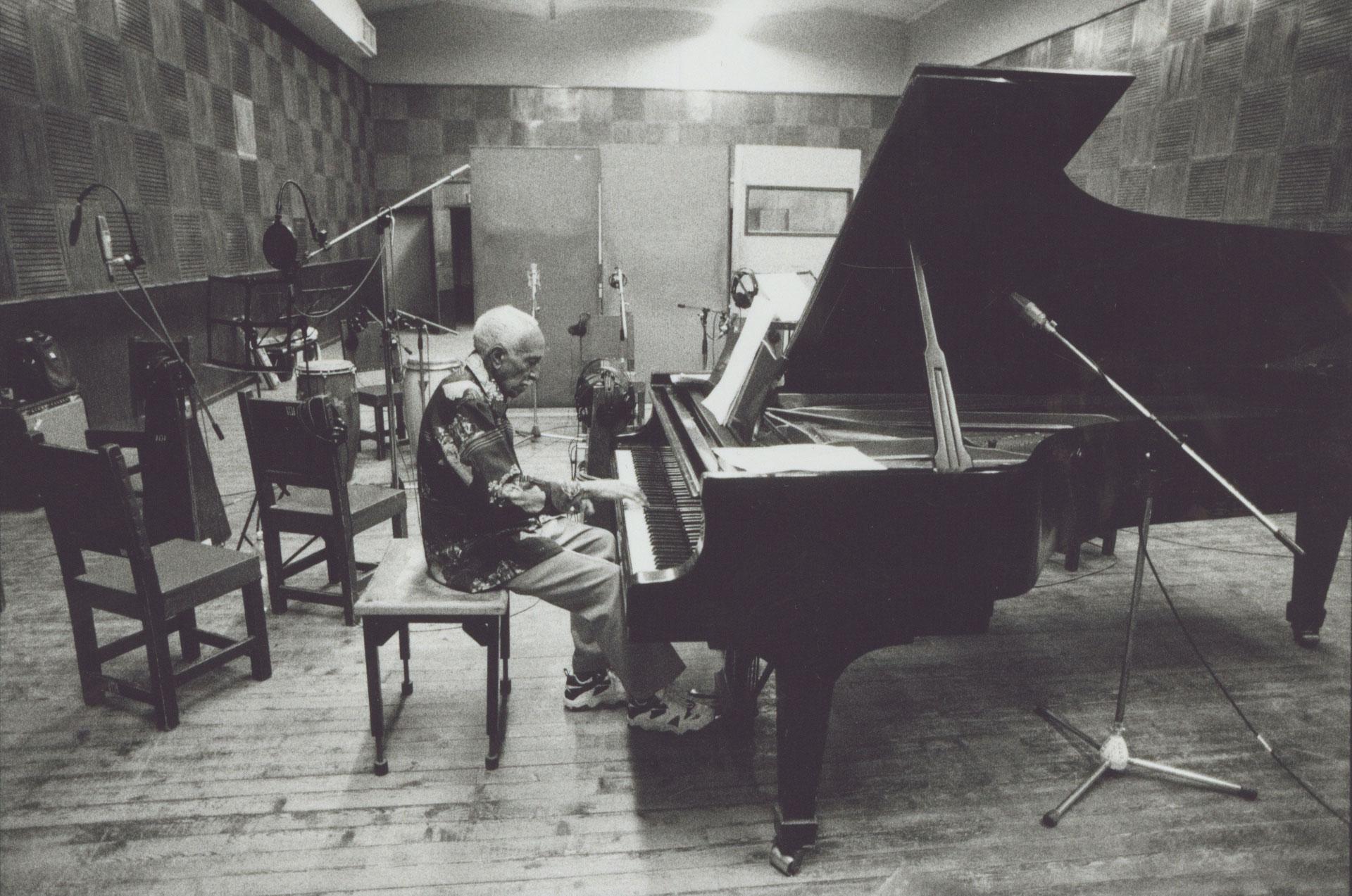
That old-school mambo even caught the attention of previously uninterested hip-hoppers like the Cuban band, Orishas, with their take on what became a Buena Vista Social Club standard, “Chan Chan.” Even Cuban leader Fidel Castro started to embrace hip-hop.
Related: ‘Homeland and life’: The chant to Cuba’s anti-government protests
You could say that Roberto Fonseca and members of the Orishas are dividends of the Buena Vista Social Club — the next generation of Cuban musicians dipping into the classic Cuban repertoire.
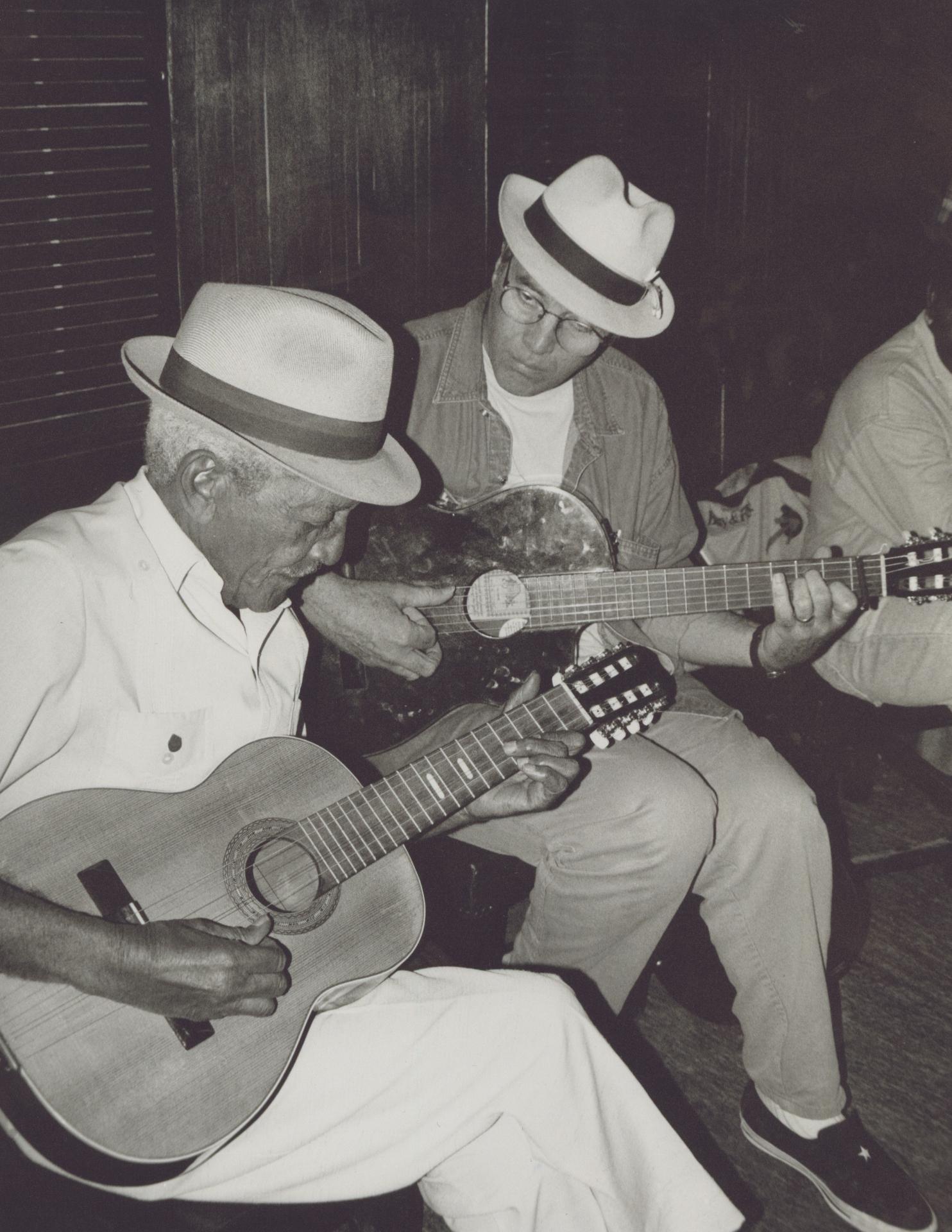
American guitarist Ry Cooder, who spearheaded the project and produced the album, is still amazed by the impact of the Buena Vista Social Club album 25 years later.
“For heaven’s sake, all over the place, people were hearing [the album] … as though it was brand new. Nobody said, ‘Oh, that’s old and crusty and a bunch of grandpas, and that’s not sophisticated enough and it’s not fast enough.’ Nobody said that. I never heard that. So, we succeeded,” Ryder said.
Buena Vista Social Club certainly captured a unique moment in time.
Luckily, a remastered version has just been released.
